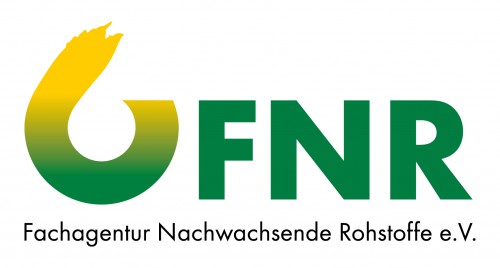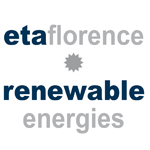About the project
SET4BIO Renewable Fuels And Bioenergy For A Low-Carbon Europe - accelerating the implementation of the SET Plan is a project funded by the Horizon 2020 programme of the European Union to support the full execution of the Implementation Plan of SET Plan Action 8 - Bioenergy and Renewable Fuels for Sustainable Transport.
Started in March 2020 with a duration of three years, the project is carried out by a consortium of six partners from six countries, coordinated by RISE Research Institutes of Sweden (SE).
OBJECTIVES
SET4BIO aims to:
- Support the realisation of the 13 Research & Innovation actions identified by the SET Plan Implementation Plan Action 8 - IP8
- Facilitate the mobilisation of national and European funds from both the public and private sectors for delivering the research and innovation activities of the SET Plan Action 8
- Build an enabling framework at policy and investment level for the further development and deployment of bioenergy and renewable fuel technologies in Europe
- Pilot processes and mechanism through dedicated Innovation contests
- Maximize the impacts deriving from a cost-competitive world class European market for bioenergy and renewable fuels
SET4BIO will work in an aligned way with the SET Plan community as a whole including:
- the SET Plan Steering Group, the decision-making body of SET Plan;
- the European Technology and Innovation Platforms (ETIPs) and the ETIP Bioenergy in particular whose members will act as a start and anchoring point of the work;
- the European Energy Research Alliance (EERA), the connection with the research community;
- the SET Plan Information System (SETIS)
- stakeholders and actors from industry, academia, SET Plan countries and citizens, all together in the decarbonization of the European transport sector.
SET4BIO will contribute to place Europe at the forefront of the next generation of low-carbon energy technologies by boosting economic growth and competitiveness and creating new jobs.
PARTNERS
 |
The SET4BIO project has received funding from the European Union’s Horizon 2020 research and innovation programme under grant agreement No. 884524 |






